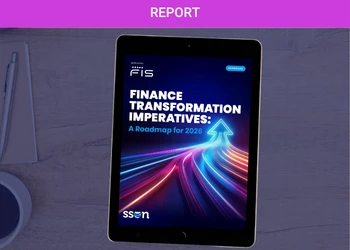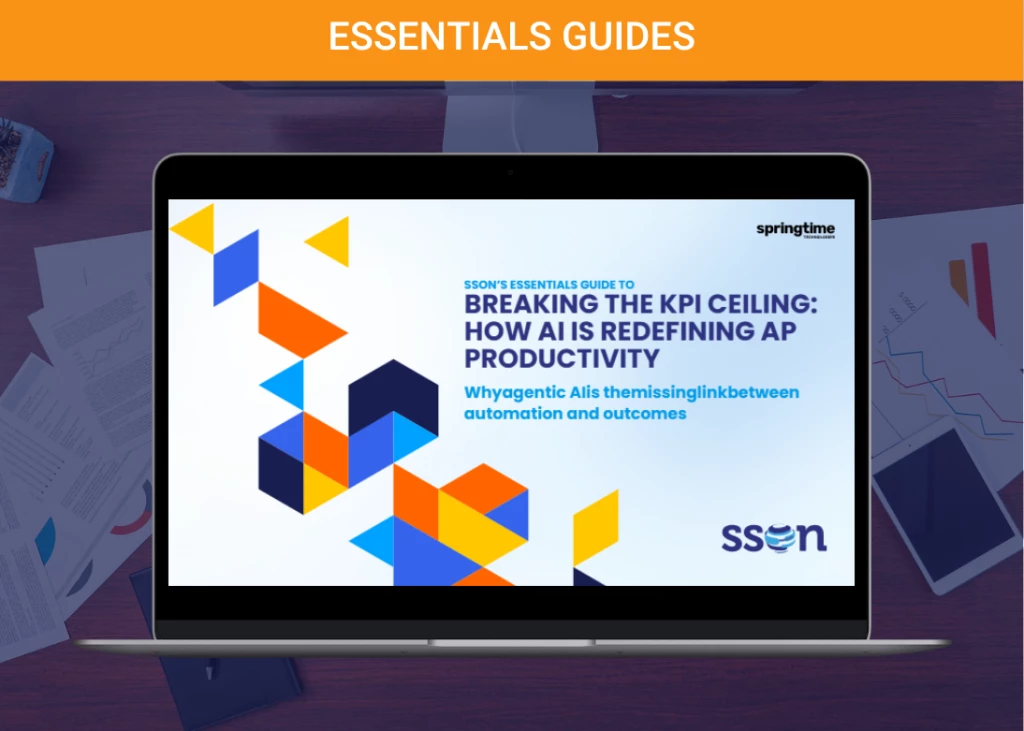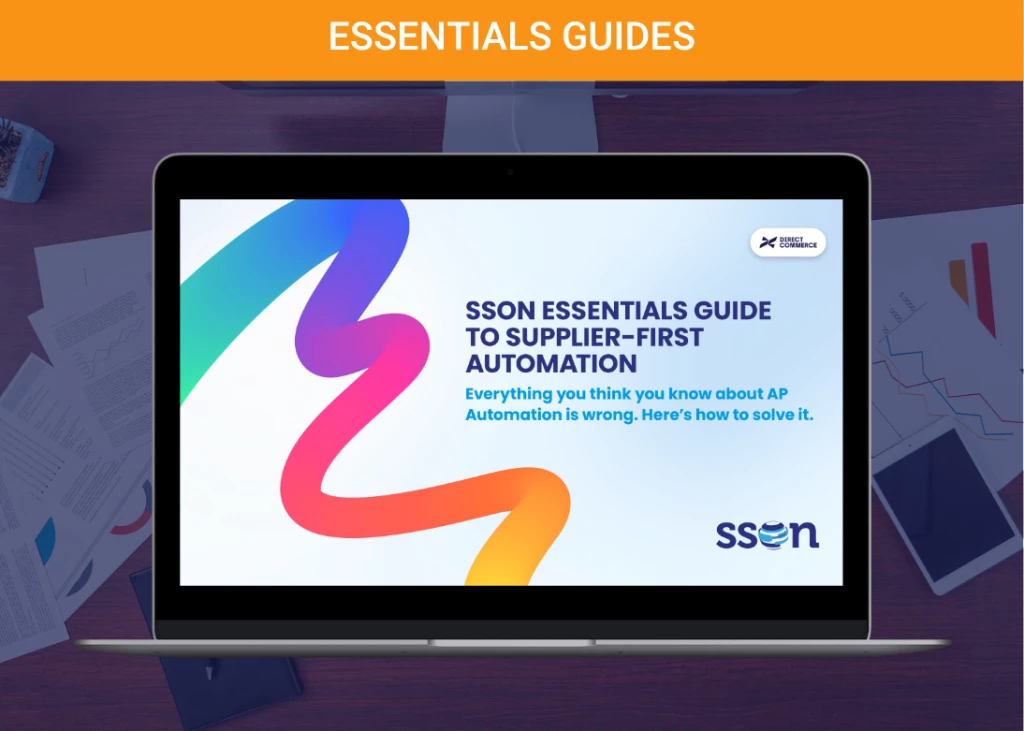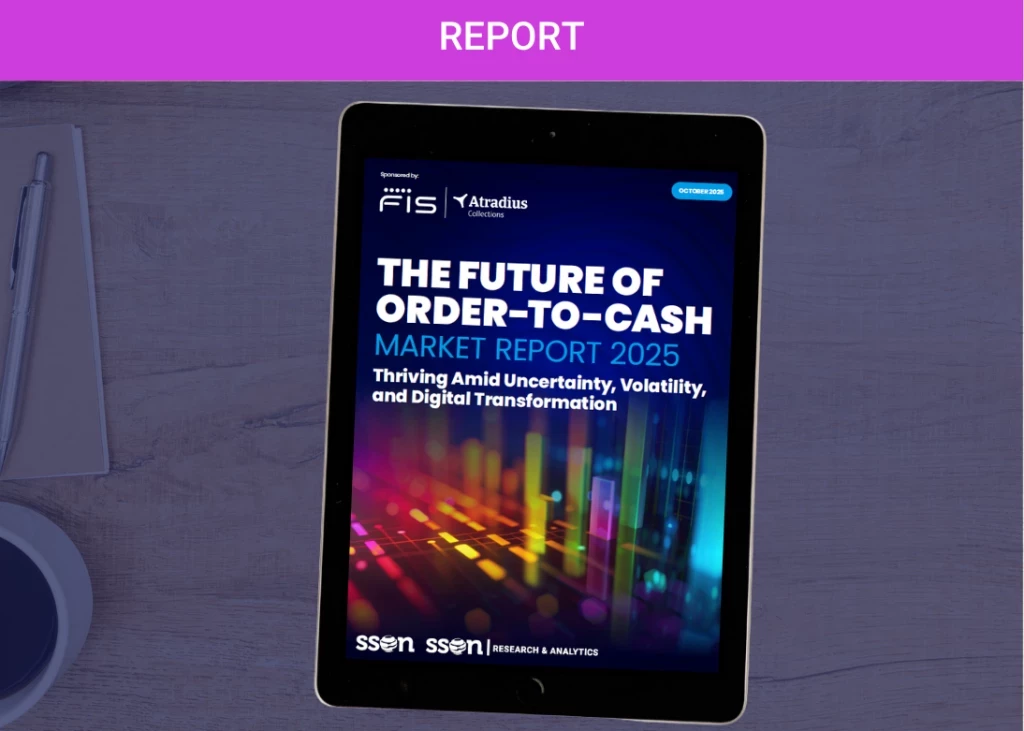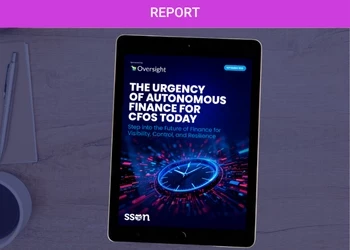Sustainability has established itself as a hot topic as it regularly pops up at board meetings, on social media, at industry events and in the press. It’s evident that sustainability is good for the environment, but not all CFOs view it as being beneficial for their businesses. As CFOs we have been conditioned to look at opportunities within transactional windows, which often blinkers our vision to wider, longer-term opportunities. If we step back and take a holistic view of business trends, we would see that sustainability is not a flash in the pan, but is rather a logical and cost effective evolution of corporate social responsibility practices.
In targeting issues like sustainability, we also see outsourcing firms increasingly recognizing the need for higher sustainability orientation from their customer base. Equally, the latter have realized that it is no longer possible for them to maintain their global market share, competitiveness and overall profitability by continuing to operate on their own. Instead, working with SSO organisations on a strategic level can be an effective way of allowing CFOs to focus on their own financial priorities whilst letting the SSOs leverage value for them through professionally managing their widely-dispersed resources. This provides sustainable benefits particularly in terms of cost reduction and quality of delivery capability versus classic insourcing.
Working with SSO organisations on a strategic level can be an effective way of allowing CFOs to focus on their own financial priorities
Sustainability will continue to proliferate as a result of changing values and perceptions which form the unwritten social contract our customers will increasingly hold us to.
At this point, I would like to issue a word of caution based on my observations working on Boards for both large and small corporations alike. Often, senior managers sign up to ambitious green targets and instinctively approach them using an existing mindset because taking a different approach to sustainability is often regarded as unnecessary or daunting. I assure you, a half-hearted commitment to improve sustainability will have little to no chance of success. In order to become a sustainable, and therefore future-proof, business, concerted thought and planning is needed by CFOs to ensure sustainability is deeply engrained in business culture and strategy, being fully reflected in day-to-day operations.
An article* was recently published that offers a poignant example of what happens when an industry tries to deliver on a challenging green target using an outdated mentality. The article details how, in an attempt to meet EU renewable targets, bioenergy producers across Europe have taken to sourcing their wood from protected forests instead of utilising forest waste. As there is no obligation on bioenergy generators to prove that their wood is sustainably sourced, they decided that felling whole trees was the easiest way to meet their target. So, perversely, an attempt to meet renewable requirements has in fact resulted in deforestation and in the use of food crops for energy. Or as Sini Eräjää (Birdlife’s Bioenergy Officer) accurately summarised the worrying state of affairs, “We are subsidising large-scale environmental destruction…right in our own backyard.”
This negative PR event could have been mitigated if they had begun their endeavour by asking themselves two simple questions:
- Is our action to achieve the target in the spirit of the end goal? and
- Is our action going to meet the expectations of our stakeholders?
If when asking these questions of your organisation you realise that either of the answers is “no”, I would strongly suggest you re-think your sustainability strategy.
To sum up, many companies have unfortunately not been successful when it comes to implementing sustainability and taking action in line with the Paris Agreement – yours does not need to be added to this list. It is important that we learn from their experiences and realise our modus operandi cannot go unchanged and still deliver the results required.
As CFOs, we need to formulate well thought out action plans to meet commitments to embed sustainability into the fibre of our organisations – by rethinking our processes and reinvigorating our corporate cultures. This will not only drive sustainability in our businesses but also improve our businesses’ chances of longevity.
[inlinead]
About Jens Madrian: Jens writes a regular column for SSON. Since joining Reactive Technologies in 2016 as Chief Financial and Chief Commercial Officer, Jens has made his mark by securing equity funding and driving Reactive’s strategic, financial and commercial development and growth. Prior to this Jens was CFO of RWE Npower, one of the big six energy retailers, and was responsible for meeting the energy needs of over 5 million customers, from individual households to SME and large industrial businesses. Connect with him on LinkedIn.









